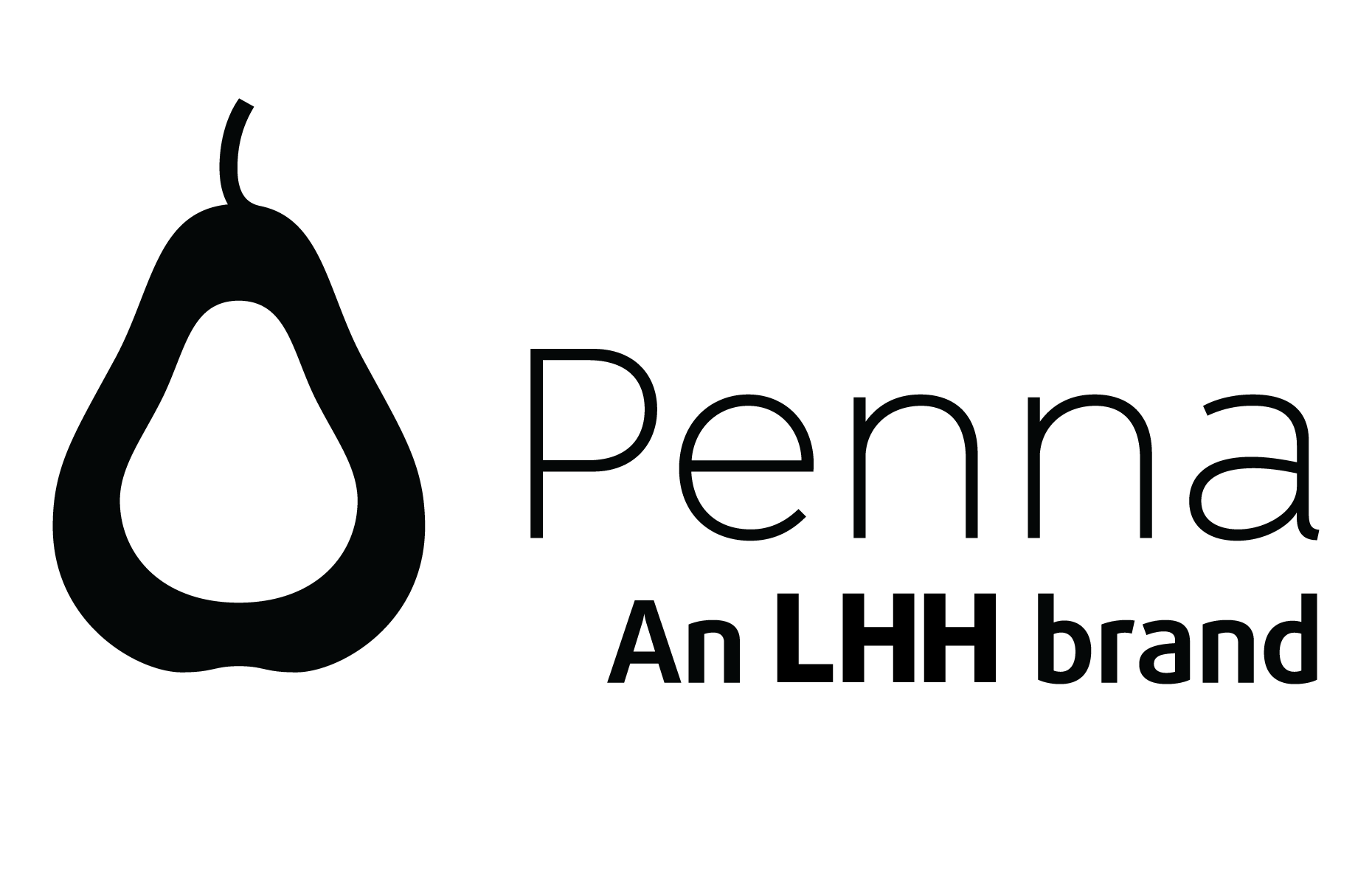Working remotely now for a lot of us isn’t a new thing. But one aspect that does feel a little unfamiliar is onboarding. The whole process is completely remote, so how should onboarding be done and how can new employees be made to feel comfortable when they haven’t met you in person?
It’s all about building a social connection. Of which many managers and employees have found fostering that sense of connection a real difficulty in the virtual world that COVID-19’s brought us.
For managers that are well-established at their company, it’s easy to fall back on the connections that were made when there was a shared office. But what about employees that were only just starting to build their networks (professional and personal) - or those that have to make their presence felt solely through a screen?
Some companies are making it work. But it takes more than an icebreaker over a video call to build the level of trust that’s supposed to last for a whole career. It takes more than scheduled check-ins, because sometimes the things on an employee’s mind may pass before the meeting comes.
According to Glassdoor, organizations with a strong and well-structured onboarding process improve new hire retention by 82%*.
So, having a well-thought out onboarding programme isn’t just important for helping new employees in the beginning. It’s crucial in helping them to stay for the long run.
Onboarding processes will look very different for every company depending on the business and industry. However, remote onboarding isn’t completely new for everyone, and below are some of the tips that make it better for new joiners.
- Affinity groups.
Inviting new employees to join affinity group meetings will help to make them feel more welcome because there are other points of discussion aside from projects that they can get involved with. - Get ‘out there’ with questions.
Asking them unexpected questions for interesting responses and interesting conversations*. For example, “Have you ever met anyone famous?” or “What was your favourite band 10 years ago?” - Don’t make technical, technical.
The last thing a new employee needs is the pressure of making sure everything works properly, on top of learning a new role. Make getting all the equipment they need and IT processes as smooth as possible. - Don’t blur the lines between chats and meetings.
Keep chats to simply being, chats. Many of us have experienced 10-minute catch ups turning into fully-fledged meetings. Short and frequent chats do help people feel less lonely. Frequent and unexpected meetings can eat into the time new employees have to get their head around things. - They need to know they’ll be new for a while.
Reassure new people, or those who’ve moved to a new role, just how new they are. This will help to take the pressure off and allows the room to learn at their own pace. - Find them a friend.
Buddy up your new recruit with someone from a similar route to them if possible. Buddies and mentors provide a valuable outside perspective where being completely vulnerable and open are possible.* So ideally, this person shouldn’t be the manager. But speaking of managers, they should bring the new employee along for the ride and contribute to projects so that they don’t feel like a fly on the wall in meetings.
- Mentorships don’t need to have a definitive end.
The buddy or mentor scheme needn’t come to a complete halt. Reaffirm that when the scheme is ‘officially’ over, they can still be there for that employee.
If there’s one thing that lots of people seemed to have learned while working remotely, it's that we won’t completely go back to our non-remote ways.
At Penna, we provide expert consultancy on how to engage and communicate with new talent in tune with your employer brand proposition (EVP) story. Not just to get them through the door but encourage them to stay for the long run.
We have a wide range of services, all dedicated to meeting your recruitment needs:
- Attraction & communications
- Data & Insight
- Performance Media, Digital and Social
- Candidate Sourcing & Management
- Executive Search & Interim
- Student Recruitment
- Employer Branding
- Diversity Consultancy
- Assessment
Visit our website www.penna.com or get in touch to find out more at info@penna.com.




